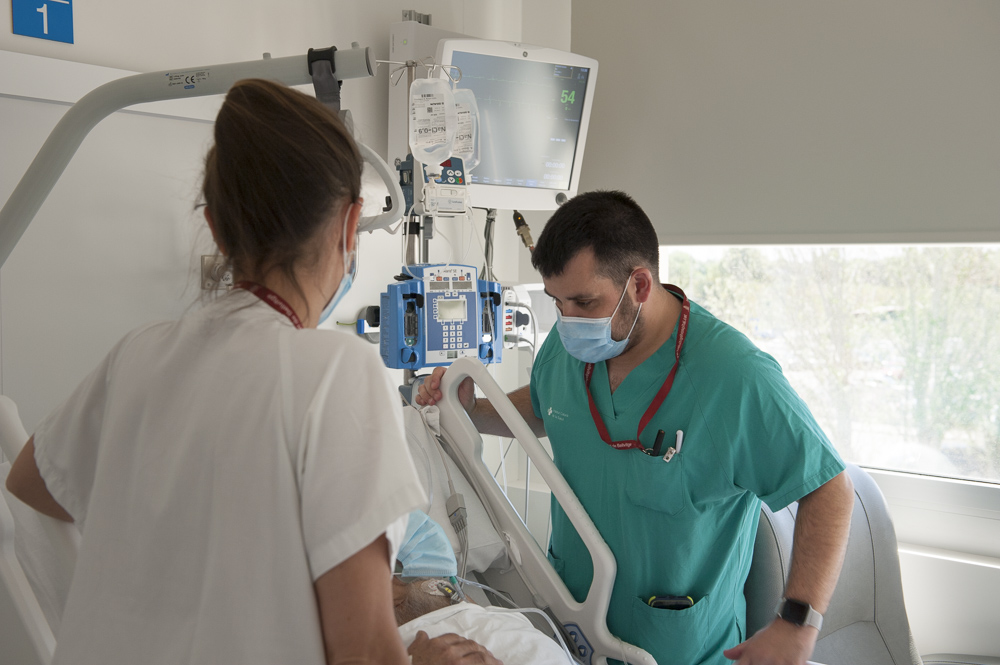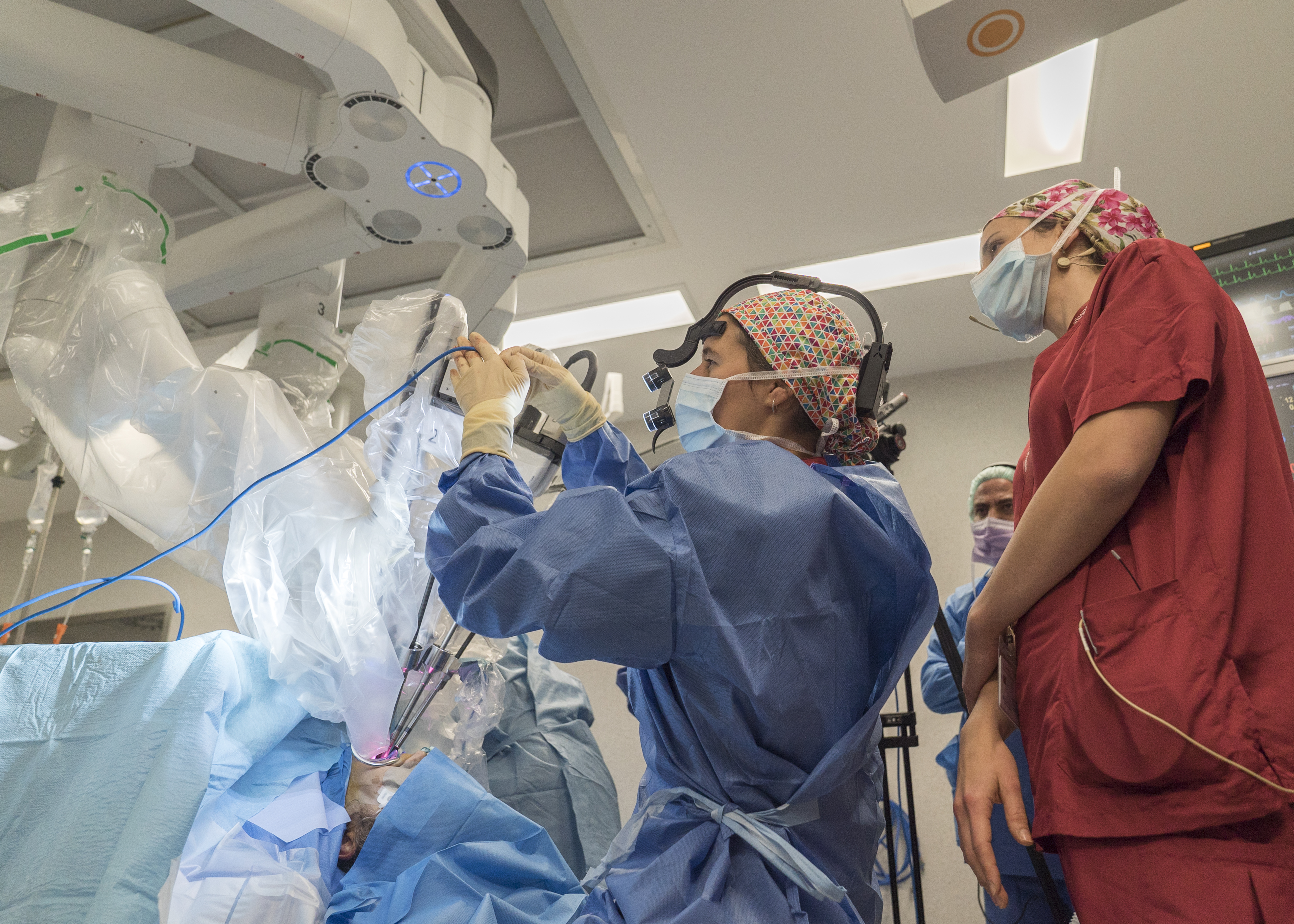Featured Actions
-
Ethical Code
-
Accreditations and recognitions
-
Work to network
-
Manual of Good Practices
-
12 months for Mental Health
Ethical Code

The Ethical Code of Bellvitge University Hospital is a guide for conduct and commitment, based on respect and responsibility, fundamental attitudes in human relations and daily practice.
This guide also aims to serve as a reference for all the people who work here, both in terms of our actions toward the patients we care for and the society that surrounds us, as well as in the professional relationships we establish among ourselves
The hospital's main objective is to meet the healthcare needs of its population, guided by professional excellence and innovation. We want to offer quality of service, knowledge and sustainability, working honestly and coherently, and taking into account the values of the institution.
Accreditations and recognitions
The services of the Hospital de Bellvitge are recognized with external accreditations for their excellence or uniqueness. These national and international evaluations highlight the value of the work carried out there.
ERN (European Reference Network) accreditations, designated by the European Community, are virtual networks of healthcare providers across Europe with the mission of facilitating discussions on rare or complex conditions and diseases that require highly specialized treatment and a concentration of knowledge and resources. The HUB is accredited as a member of 3 ERNs.
CSUR (Reference Centers, Services, and Units) accreditations are granted by the Ministry of Health, through the Quality Agency, when a center meets the appropriate conditions to treat certain complex pathologies. The HUB is accredited as a CSUR in 13 pathologies.
UEC (Clinical Expertise Units) accreditations are teams recognized by the Catalan Health Service as functional units with experience and knowledge in the care of a rare disease or group of rare diseases. The HUB is accredited as a UEC in 7 pathologies.
Excellence accreditations are international or national recognitions that certify the quality of care and management. Currently, Hospital de Bellvitge holds 18 excellence accreditations in various services and pathologies.

Manual of Good Practices

The Illustrated Manual of Best Practices is a document that was created with a spirit of participation, open to professionals and users of our hospital, focused on the values with which we identify as an institution. The Manual includes a total of 67 best practices grouped into 12 concepts.
Working groups were formed, made up of personnel from various areas of the hospital, with the aim of promoting the dissemination of best practices within the organization. These working groups held meetings with different collectives, conducted active listening sessions with diverse profiles linked to hospital activities, and carried out extensive bibliographic research.
The illustration of the Best Practices Manual was done by the talented illustrators from HUB staff
Work to network
We work closely with other centers in the region with the goal of optimizing resources and ensuring the highest quality of tertiary care, either through extended services or collaboration strategies such as functional units, integrated units, transition units, networks, or service provision.
Coordinated care with primary care. The vision of an integrated and community network guides territorial projects for chronic care, end-of-life care, ALS, stroke, heart failure, and allergy care, among others.
Extended tertiary services. The Hospital maintains strategic alliances with Joan XXIII Hospital in Tarragona, the Integral Health Consortium, Igualada Hospital, the Catalan Institute of Oncology, and the Sant Joan de Déu Foundation. This ensures that patients from these centers can receive care for more complex conditions at their own hospital, avoiding the need for travel, and it guarantees uniform standards across centers, both in diagnostic and therapeutic procedures.
Coordination with Viladecans Hospital. The single management structure facilitates the coordination of care between the two centers, optimizing resources and opportunities.
A network of shared services and functional units with hospitals in the region.

